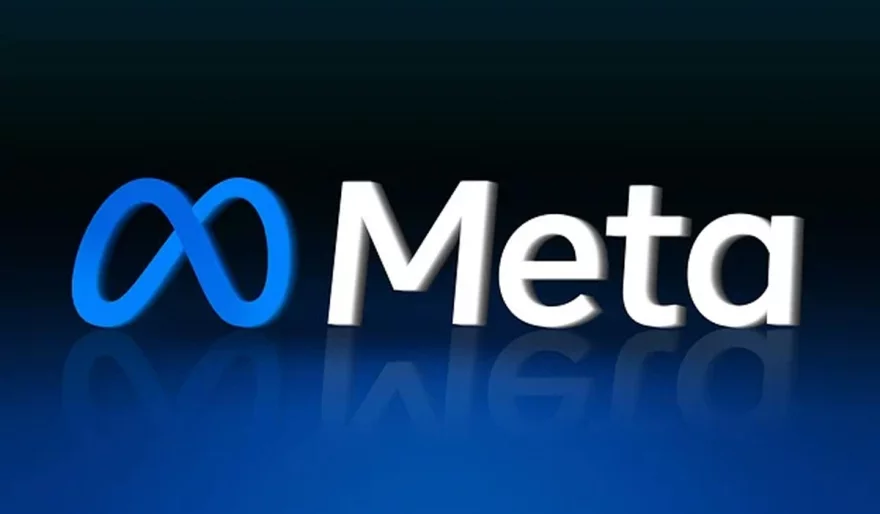Stay Ahead of the Curve
Latest AI news, expert analysis, bold opinions, and key trends — delivered to your inbox.
Meta's SeamlessM4T AI Model: A Game-Changer for Translation and Transcription
2 min read Meta's new AI model, SeamlessM4T, revolutionizes translation and transcription. Covering nearly 100 languages in text and speech, it breaks down language barriers and amplifies communication. August 23, 2023 06:41
Meta's latest AI model, SeamlessM4T, is a game-changer for translation and transcription. It spans nearly 100 languages for both text and speech, bridging language barriers and enhancing communication.
SeamlessM4T is open source and built on Meta's rich dataset. It's designed to empower people speaking different languages, enabling effective cross-lingual communication without the need for separate language identification.
Beyond translation, SeamlessM4T excels in transcription too. It combines speech-to-speech and speech-to-text capabilities, achieving a significant milestone in AI-powered language processing.
Meta's efforts follow the industry trend of refining AI translation tools. Google, Amazon, Microsoft, and startups are all contributing to this field's evolution.
SeamlessM4T's development involved data collection from public sources, creating a comprehensive training dataset named SeamlessAlign. This dataset covers speech and text, cultivating a model versatile in various language tasks.
While the model showcases impressive capabilities, it's vital to address potential biases. The AI field grapples with gender and cultural biases, urging continuous improvement in ethical AI development.
As AI-powered language translation advances, a balance must be struck between accuracy and diversity. While AI can deliver accurate translations, preserving the richness of human interpretations remains a challenge.



















 AI Agents
AI Agents